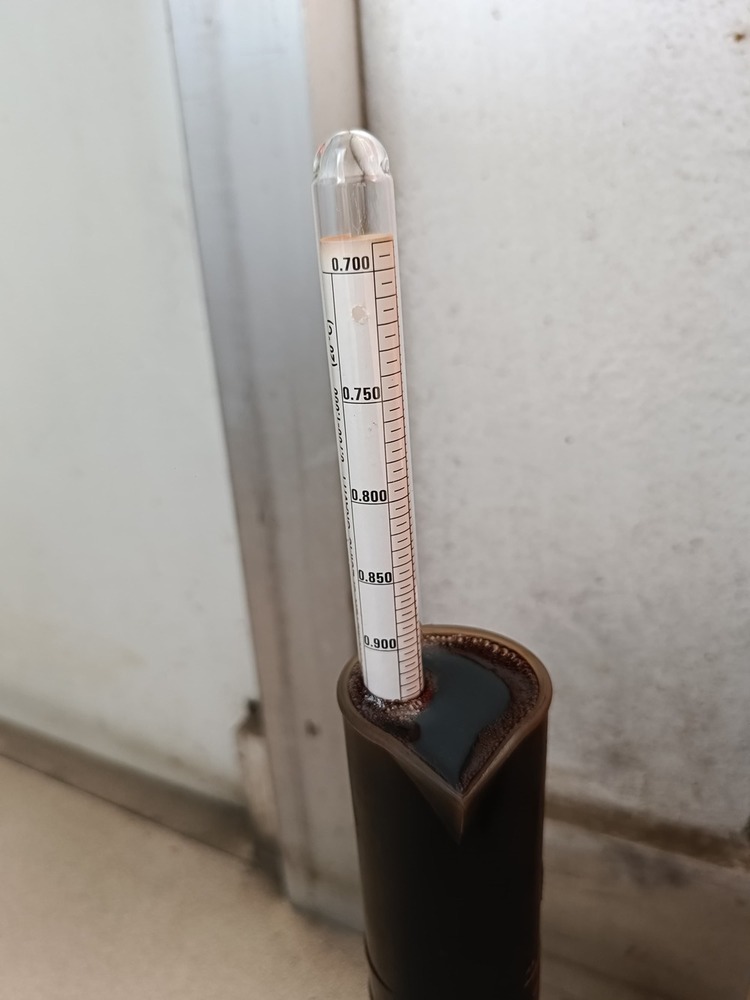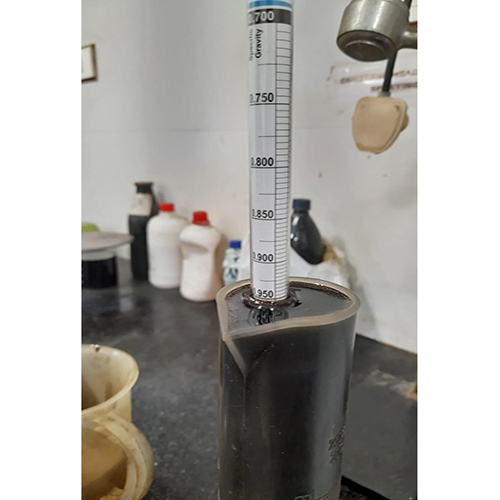
CASHEW NUT SHELL OIL
Price 35.0 INR/ Kilograms
CASHEW NUT SHELL OIL Specification
- Raw Material
- CASHEW NUT SHELL
- Application
- PAINT, VARNISES
- Shelf Life
- UP TO Years
- Usage
- PAINT, VARNISES
- Grade
- A-Grade
- Product Type
- Cashew Nut Oil
- Processing
- Crude
- Refined Type
- Other
- Cultivation Type
- Other
- Purity
- 99.9%
- Volume (L)
- 1 Liter (L)
CASHEW NUT SHELL OIL Trade Information
- Minimum Order Quantity
- 10000 Tons
- Supply Ability
- 1000000 Tons Per Month
- Delivery Time
- 1 Days
- Sample Available
- No
- Main Domestic Market
- All India
About CASHEW NUT SHELL OIL
MS BITUMEN & CHEM INDIA PRIVATE LIMITEDIS MANUFATURER OF CNSL OILCNSL is a reddish-brown, viscous liquid derived from the inner layers of the cashew shell. It comprises mainly four phenolic lipids: anacardic acid, cardanol, cardol, and 2methyl cardol
Key Properties & Technical Specs
-
Physical Characteristics
Dark viscous oil, miscible with organic solvents but not water. Smells distinctive, unlike typical vegetable oils #Kumar Metal Industries. -
Typical Technical Ranges (Indian and African standards) #Kumar Metal Industries+1kancoindia.com+1:
-
Specific Gravity: 0.950.97
-
Viscosity at 30C: up to 550cP (max)
-
Moisture & Ash: 1%
-
Iodine value: 250
-
Polymerization time (with acid): 4 minutes
-
-
Bioactive Traits
Exhibits antioxidative, antimicrobial, and corrosion-resistant properties due to its phenolic compounds IntechOpen#Kumar Metal Industries.
Industrial & Commercial Applications
CNSLs unique chemical makeup makes it ideal for various industries:
-
Resins & Coatings: Used to create phenolic resins, epoxy resins, laminating resins, and waterresistant coatings paacltd.comCashew Machine#Kumar Metal Industriesrampsindia.com.
-
Friction Materials: Key component in manufacturing brake linings, clutch facings, and other friction dust products (e.g., Cashew Friction Dust) tradeKorearampsindia.comCashew Machine.
-
Rubber & Polymer Enhancers: Improves resilience, elasticity, oxidation resistance, and processing in rubber compounds rampsindia.comalfilcashew.com.
-
Fuel & Bioadditives: As a biofuel or diesel additive, CNSL offers high calorific value (47MJ/kg), low sulfur, and potential engine durability benefitsthough its high viscosity and acidity require careful processing IntechOpenResearchGate.
-
Lubricants & Demulsifiers: Modified CNSL derivatives can stabilize lubricants, reduce sludge, and help separate petroleum emulsions rampsindia.comkancoindia.com.
-
Agrochemical & Biocide: Its phenolic constituents serve in fungicides, pesticides, surfactants, and wood preservatives IntechOpenrampsindia.com.
Caution: CNSL in Fuel Systems
While promising as a biofuel, there are caveats:
-
CNSLs high acidity and reactive phenols can lead to polymerization, causing fuel system issues like sludge, injector clogging, corrosion, and engine damageespecially in marine fuels Gard.
-
Several documented cases resulted in machinery failures and costly repairs, with CNSL considered a contaminant not compliant with ISO 8217 marine fuel standards Gard.
Quick Recap
| Feature | Details |
|---|---|
| Source | Byproduct of cashew shell processing |
| Main Components | Anacardic acid, cardanol, cardol, methyl cardol |
| Grades | Raw (bioactive) vs. Technical (industrial, decarboxylated) |
| Applications | Resins, coatings, friction materials, rubber additives, fuels, lubricants, biocides |
| Advantages | Renewable, bio-based, versatile, thermally/chemically robust |
| Challenges | High acidity/viscosity; careful processing needed for fuels |
FAQs of CASHEW NUT SHELL OIL:
Q: What is the purity level of Cashew Nut Shell Oil?
A: The purity level of Cashew Nut Shell Oil is 99.9%.Q: What is the shelf life of this product?
A: The shelf life of Cashew Nut Shell Oil is up to several years.Q: What are the primary applications of this oil?
A: Cashew Nut Shell Oil is primarily used in paints and varnishes.Q: What is the density of the oil?
A: The density of Cashew Nut Shell Oil is 0.950.96 milligrams per cubic meter (mg/m).Q: What is the kinematic viscosity of the oil?
A: The kinematic viscosity of Cashew Nut Shell Oil is 30 Volt (V).Q: What is the water content percentage in this oil?
A: The water content of Cashew Nut Shell Oil is between 0.83% and 0.63%.

Price:
- 50
- 100
- 200
- 250
- 500
- 1000+
More Products in Cashew Nut Shell Oil Category
High Grade Cashew Nut Shell Oil
Price 37.0 INR / Kilograms
Minimum Order Quantity : 12000 Kilograms
Refined Type : Fractionated Oil
Shelf Life : up to 2 Years
Processing : Crude
Cultivation Type : Organic

 Send Inquiry
Send Inquiry



